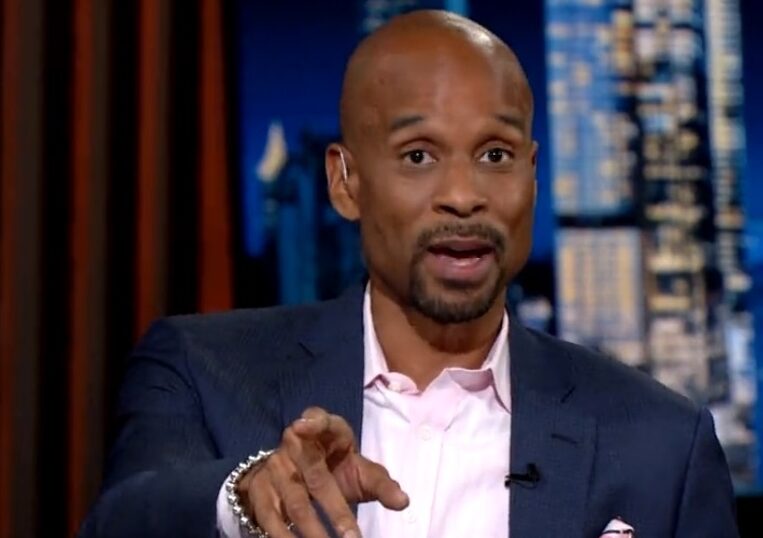Business…check this here lil ditty on Barry Bonds, steroids, and segregation. Yeah, they’re connected.
Anyway, Big Rell raises an interesting question on his always interesting blog (Blogroll)–how should we view our heroes after they’re gone.
This is a salient question now that Kirby Puckett has passed away. Puckett was a helluva baseball player, apparently the most pleasant man on Earth, and also accused of doing some really dastardly things including sexual assault and actually dreading some of the charity work that bolstered his image.
(Most of that dastardly information came from a piece in SI by Frank DeFord years ago. That piece is questioned by some, but DeFord might be the best in this business. Tough call all around. RW raised a different question at the time–should that piece have been run while Puckett was on trial? The answer–no.)
And to this question, my answer is pretty direct–we need to evaluate the totality of the person being considered. But if the issue raised doesn’t have much to do with why we love that person, then we need to think more deeply.
Puckett’s demons are interesting because they all seemed to surface after he retired, after baseball was taken from me. Those demons then serve as an interesting illustration of who he was and just how much baseball meant to him (not to mention what it must be like to go blind as a relatively young man). Without baseball, he seemed to have trouble telling up from down in the world. DeFord said that without baseball, Puckett went back to being fat Kirby and it ate him alive.
There’s something seriously illustrative to be taken from that. Kirby was a kid from the south side of Chicago. Baseball, from what I read, was what got him out of the ‘hood. And then to have all of that just vanish from thin air? Wow, man.
Long of the short–if you’re going to do pieces about how much Kirby loved baseball, you need to see what happened to him without it. Without doing so, any retrospective on his life is incomplete. In fact, doing so without talking about the bad stuff minimizes the effect of saying just how important and wonderful baseball was to him.
The goal in this job is to write the best piece you can, as far as I can tell. When i hit the keyboard, I want to offer a unique perspective and the highest level of quality I can. If adding that stuff about Puckett would have made my piece better or provided interesting insight, I would have.
I am not here to please my readers. I’m here to inform them, make them think and, if possible after accomplish those first two, entertain. The entertaining part is very important, but not until those other two things are taken care of.
But there are some grey areas. What do you do with something shocking that really doesn’t matter that much? Chances are you let those things go.
But consider this–we’re going to lose Muhammad Ali before too long (I don’t know anything, but he’s 60 years old). Over time, Ali has been changed in the eyes of many from being a demon to a plaster saint. Of course, neither is true. In fact, him being a plaster saint might be worse because that doesn’t encourage people to reconsider things and learn for themselves.
But Ali had big problems, most notably rampant adultery and his tendency to attack someone’s dignity in the name of promoting a fight. Should we ignore that he met Veronica Porsche (sp?) in Zaire while he was still married? Not sure.
But for a man that used religion and morality as a basis of his opposition to the war, it might be necessary to consider that to get a full portrait of who he was and to allow us to consider just how important his faith really was in his opposition to that war.
So adding such a detail isn’t quite necessary. But it does illustrate more about the man than we’d get just sayin, “man, he said he aint’ got no beef with Ho Chi Minh!”
But that’s my two pennies. Comment as you please.
March 8, 2006

Comments